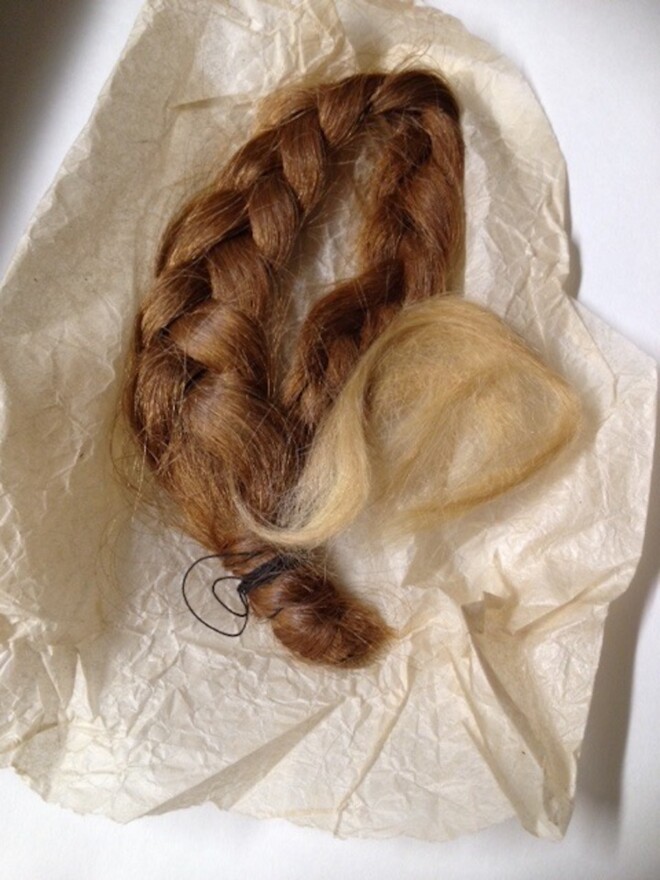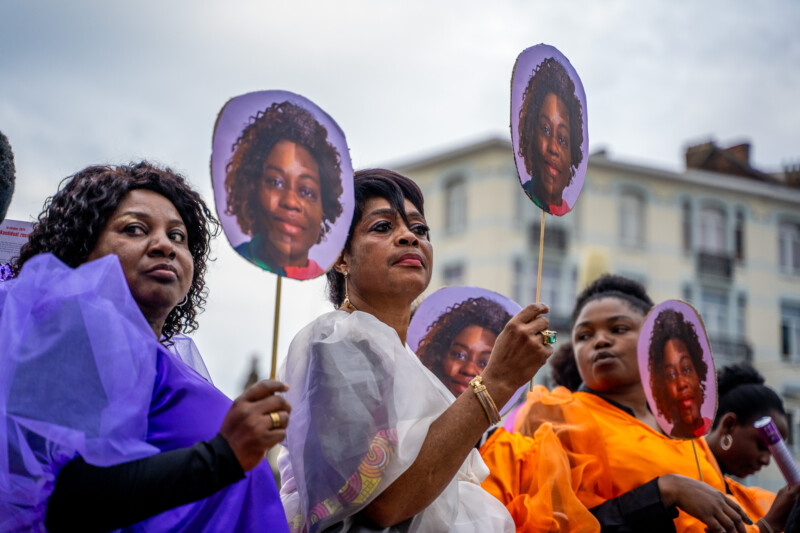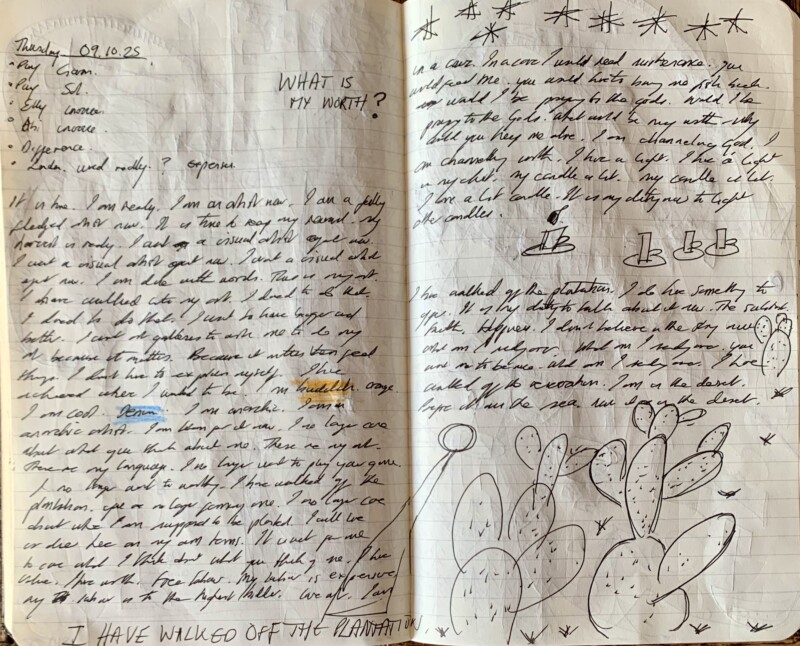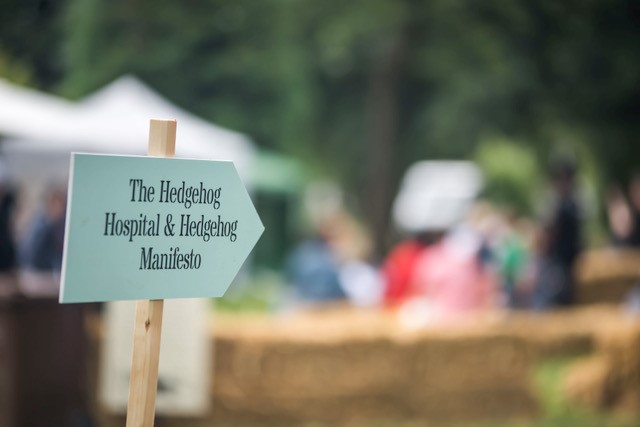Podcast
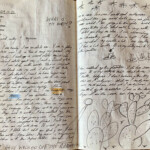
Drawing from her long-standing feminist archival practice and her foundational work with Digital Women’s Archive North, Jenna Ashton shares a personal and sensory encounter with a packet of hair—mother and daughter’s—found in the archive of the Royal Northern College of Music. This object, seemingly insignificant, becomes a powerful symbol of intergenerational intimacy, memory, and the marginalised domestic sphere.
Ashton expands this reflection through her participatory project Hair–Stories, where women across Manchester shared anonymous narratives and Polaroid portraits about their hair. These stories—rich with emotion, identity, and connection—formed a living archive that challenged traditional heritage practices and celebrated the everyday experiences of women.
What stories do our objects tell, and who gets to interpret them? How can feminist methodologies redistribute archival authority? What does a feminist-material reading of the city look like? How can participatory storytelling reframe urban memory and identity?
Jenna Ashton invites us to consider the city of Manchester as a Feminine Archive, where stories of care, intimacy, and everyday life are embedded in overlooked materials and memories.
Part of Episode XXXII: “What Makes a City II: Cultural Palimpsests” with Jenna Ashton, Linda Brogan, Alistair Hudson & Florian Malzacher
11 OCT 2025 – Contact, Manchester / UK
Part of The Questions, a project by UK based artist group Quarantine
Biography
Dr Jenna Ashton is an educator-artist-producer-designer and Senior Lecturer in Heritage Studies, at the University of Manchester. Her interdisciplinary research sits across cultural analysis and feminist environmental humanities, with a focus on community and place-based practices, knowledges, and economies. In addition to her creative research outputs, she is the editor of book collections on feminism and museums, and heritage and gender. She is currently writing a monograph on Manchester urban communities and climate justice. Follow-on projects focus on food sovereignty, animal citizenship, and the feminist urban commons.
